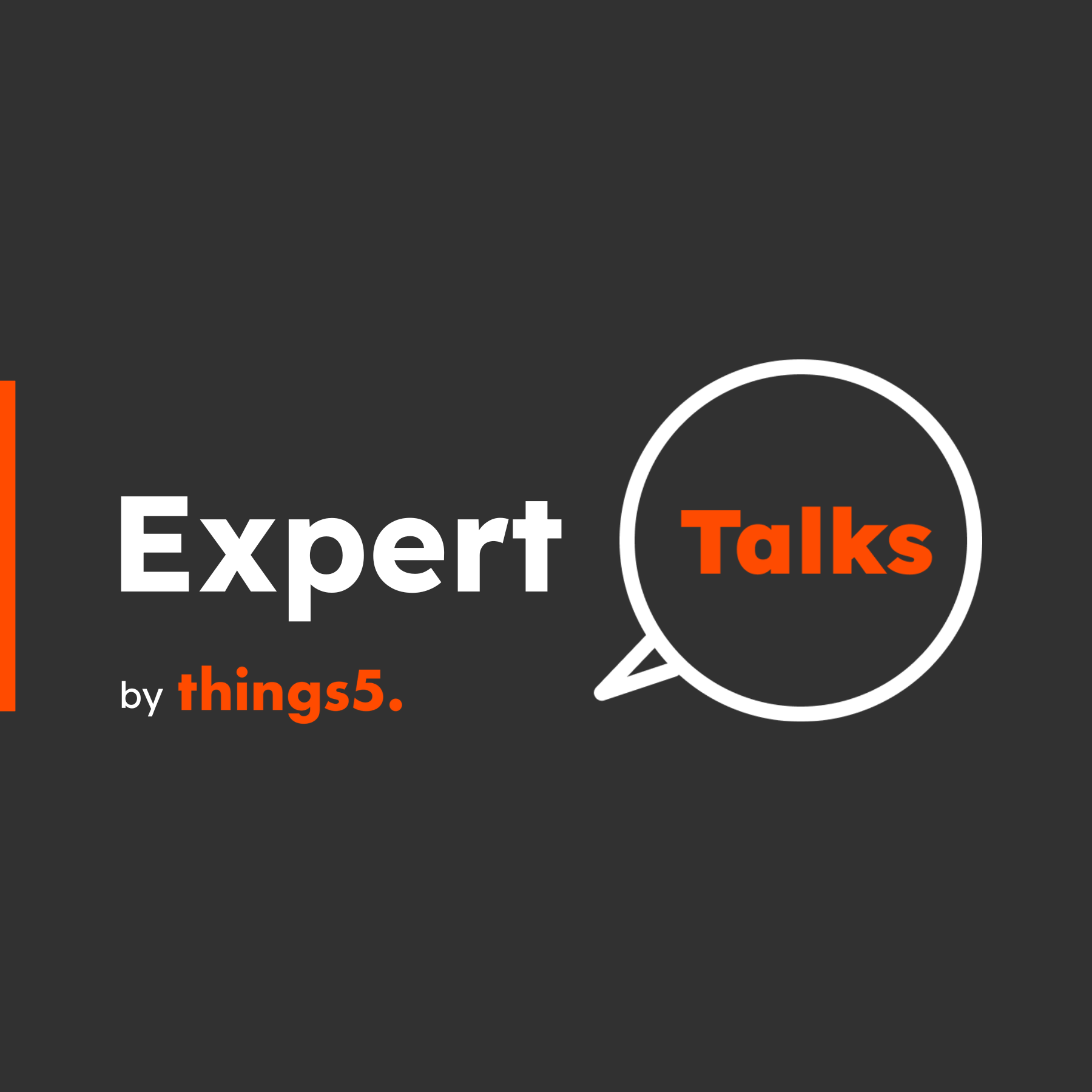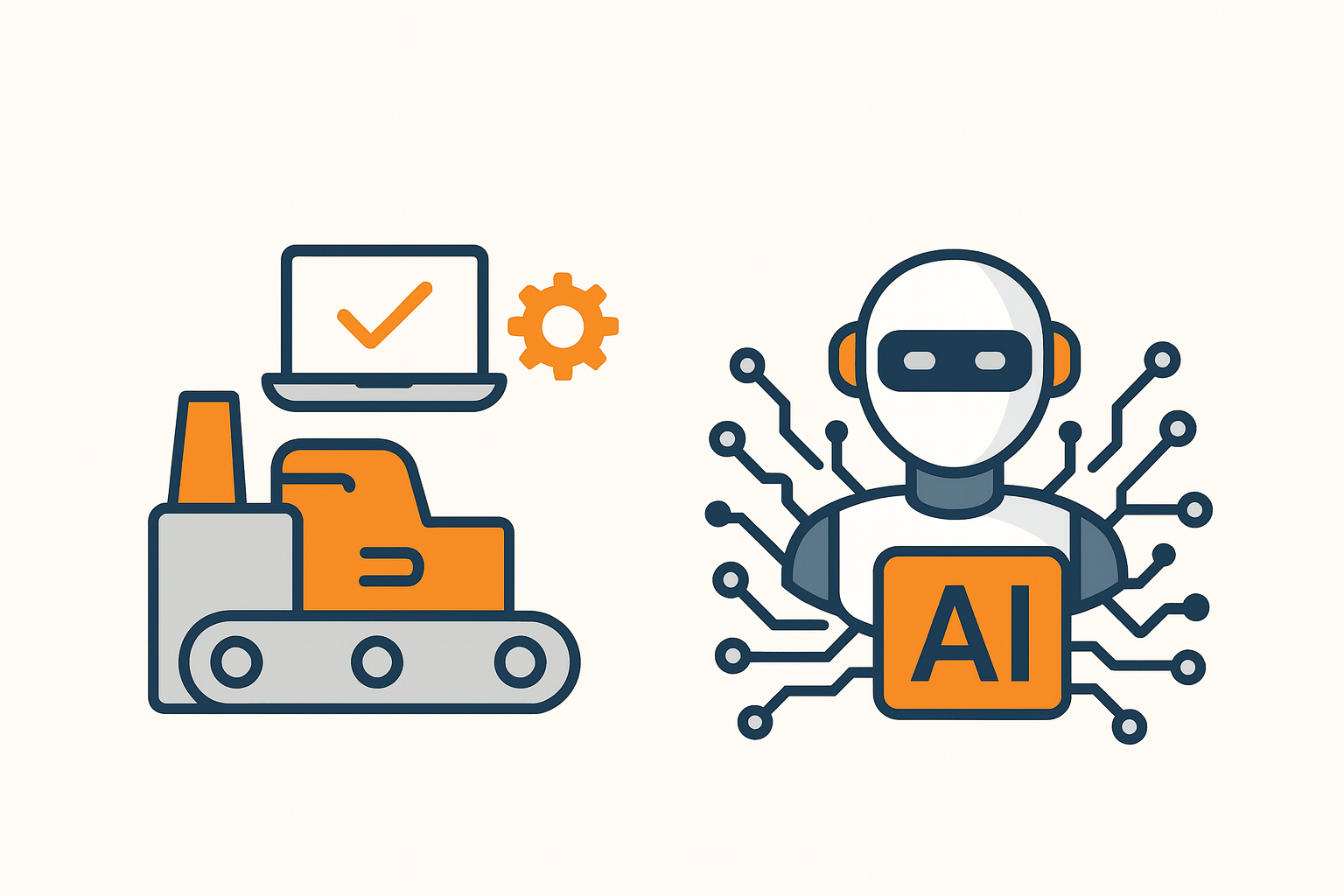Technology and wellness at CES 2025
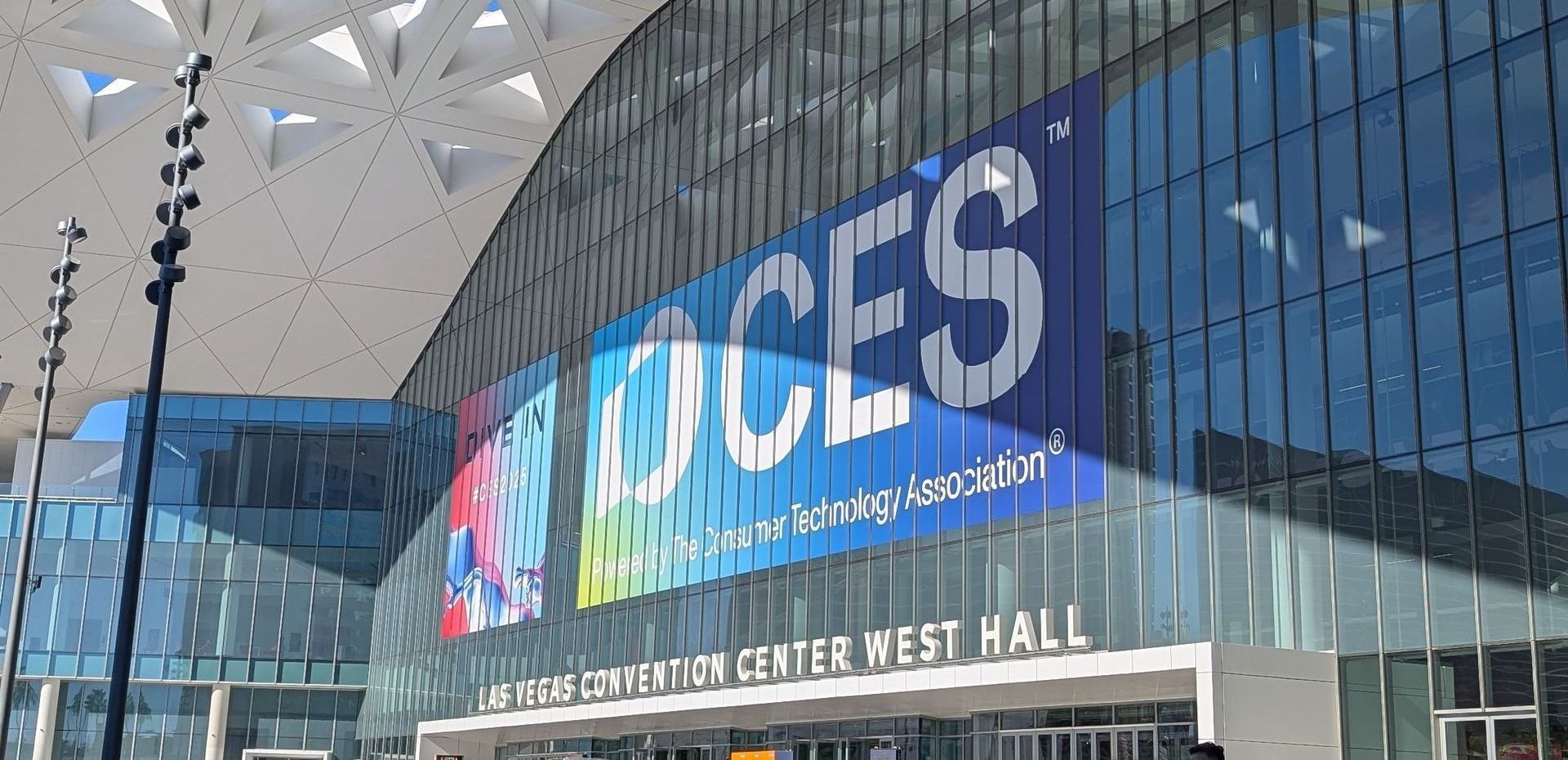
Technology and wellness at CES 2025: The future of home appliances
20 February 2025
In 2025, while Artificial Intelligence shapes new technological scenarios, there's a growing need to reflect on the pervasiveness of technology in our daily lives and its limitations.
The CES in Las Vegas, the world stage for consumer electronics innovation, has once again demonstrated how technology is becoming an ever-present force in most personal aspects of our lives. This is evidenced by Panasonic's stands, Hisense's "AI Your Life" exhibit, and LG's emblematic "Life's Good" space.
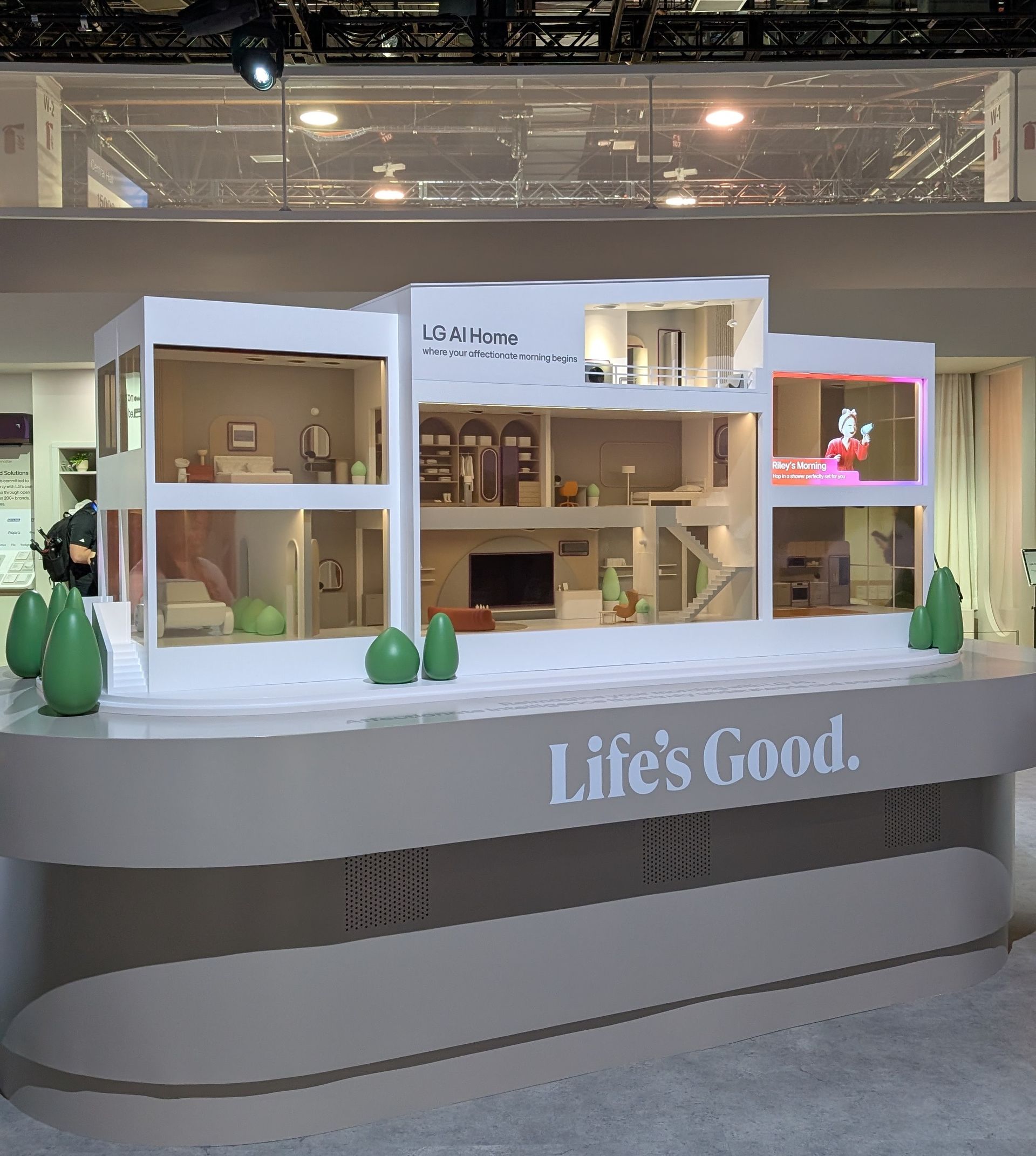
It's no longer just about presenting intelligent devices, but solutions that transform our homes into interconnected ecosystems, where technology becomes the silent guardian of our wellbeing.
The most emblematic case? Umi, Panasonic's digital coach that promises to revolutionize family life. This AI assistant doesn't just monitor health: it analyzes our habits, suggests lifestyle changes, and even aims to strengthen intergenerational bonds through personalized plans and the adoption of new habits.
But is this technological approach truly functional for our wellbeing? After experiencing CES 2025, it's time to reflect on what role we want technology to play in our lives.
Technology at the service of wellbeing
However at Panasonic and Hisense's booths, an initial reflection on the concept of holistic wellbeing is taking shape. This emerging view, although still fragmented and in an early phase, anticipates a vision of technology not as the central focus, but as a purposeful tool that assumes a specific position.
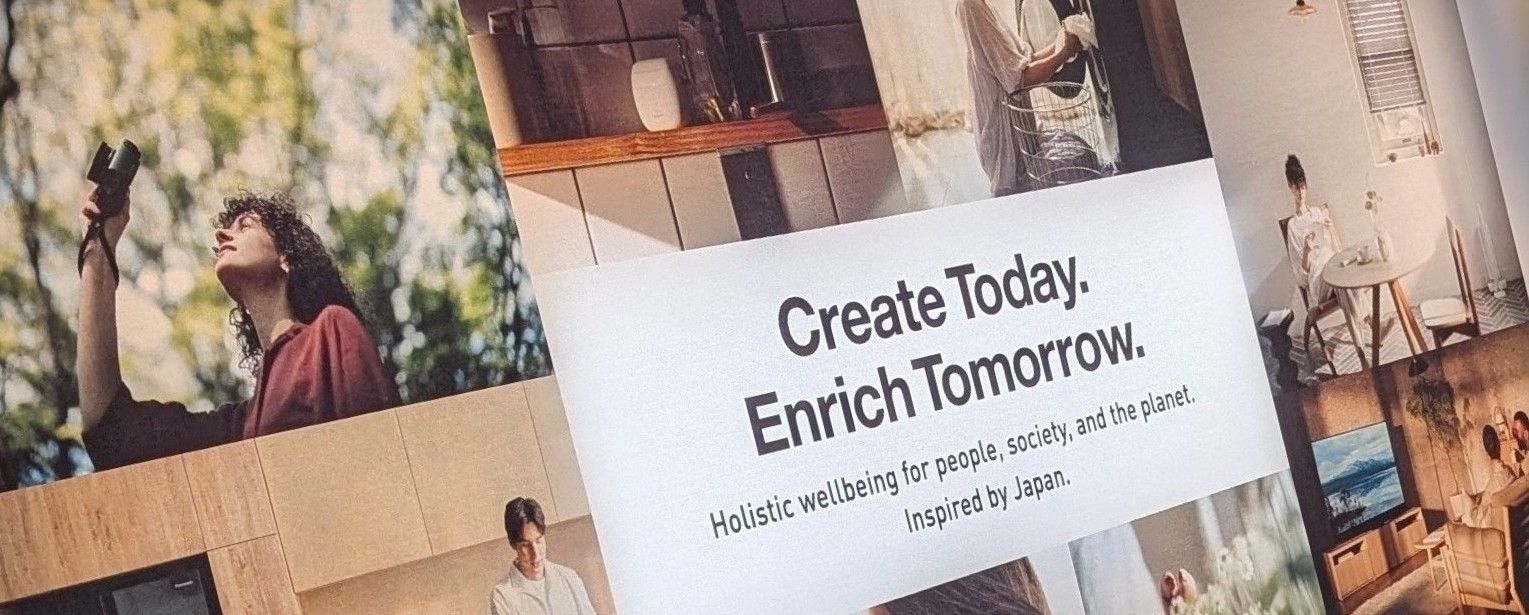
It seems that even the biggest manufacturers are beginning to redefine the meaning of innovation, shifting attention from technical specifications to the real impact on people's quality of life, in a perspective connected to environmental and social needs.
We found a first application at the Hisense booth, an ecosystem that integrates Artificial Intelligence into new-generation appliances. The 7S washer-dryer and the BCD-780W refrigerator represent the perfect balance between advanced performance and ease of use. The BCD-780W refrigerator stands out for functionalities that go beyond food storage: it manages food inventory, notifies expiration dates, and suggests personalized recipes based on available ingredients, aiming to reduce waste and follow proper nutritional requirements.
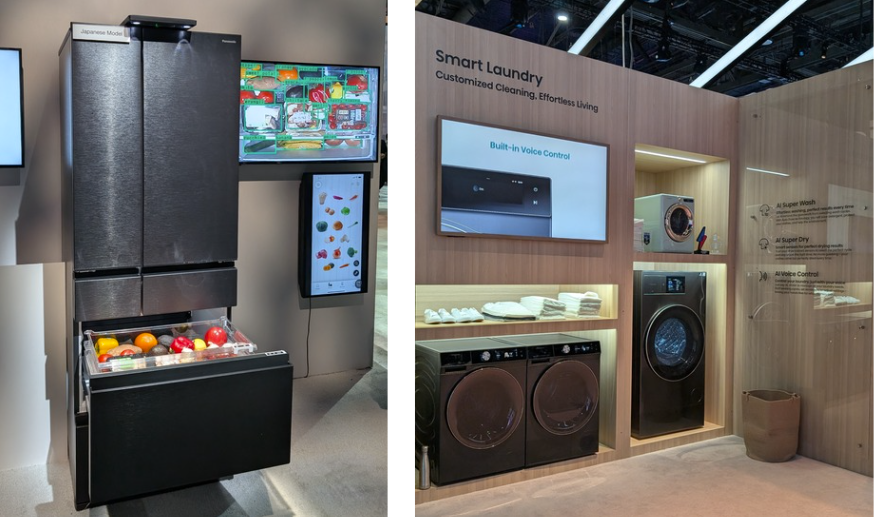
The 7S washer-dryer has instead demonstrated the potential of Artificial Intelligence applied to fabric care: the user experience is guided by voice interaction with the machine, resulting in a much more natural and direct experience. The new AI Super Wash and AI Super Dry functions automatically program washing and drying cycles, considering personal preferences, daily routines, and weather conditions. Then the Smart Dose system completes the washing experience by optimizing detergent dosage for resource usage that adapts to the actual wash load.
As expressed by Giampaolo Coletti in the article
Storie intime e semplici per arginare gli eccessi della sbornia digitale, in a scenario of growing complexity, AI is thus beginning to be conceived as a tool for simplifying daily life and reducing friction in the user experience.
A vision towards more discrete technology
It's ironic that this counter-narrative emerges at CES. This may signal that the most significant innovation in the coming years will be one that chooses to take a step back and operate within different boundaries.
At Things5, we believe that technology should be a supportive tool that works discreetly in the background to truly improve our lives.
From this new perspective, AI is therefore an ally in assisting and simplifying human work, translating user needs into concrete actions, freeing up time and mental resources to respond to people's real needs.
Making machine use simpler and smoother by reducing operational complexities and creating more intuitive interfaces tailored to real needs are just a few possible scenarios.
As Coletti and Grattagliano point out, technology today must respond to a "widespread disillusionment that calls for genuineness." And this concept inspires our vision and the development of our Things5 platform.

Sara Strizzolo
20 February 2025
